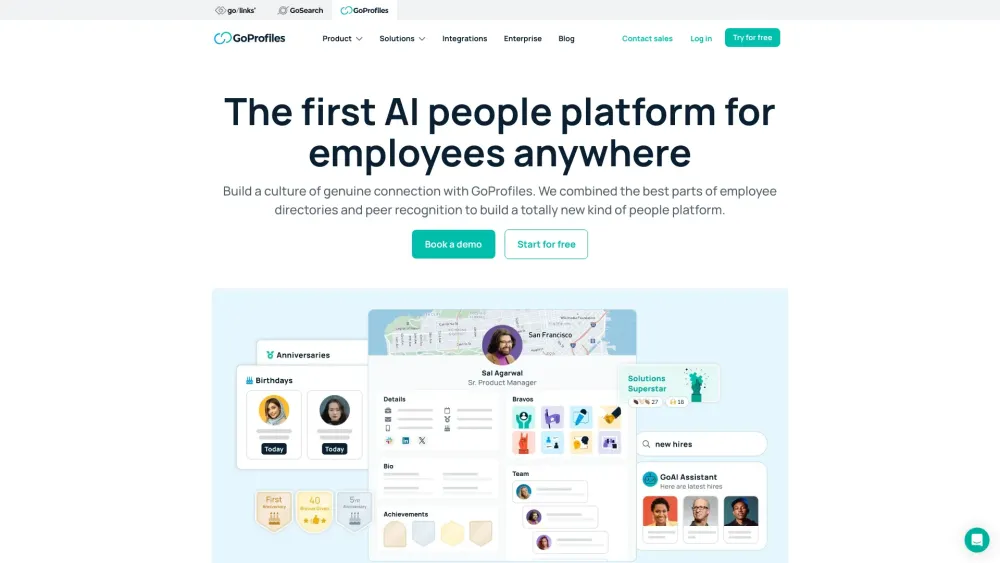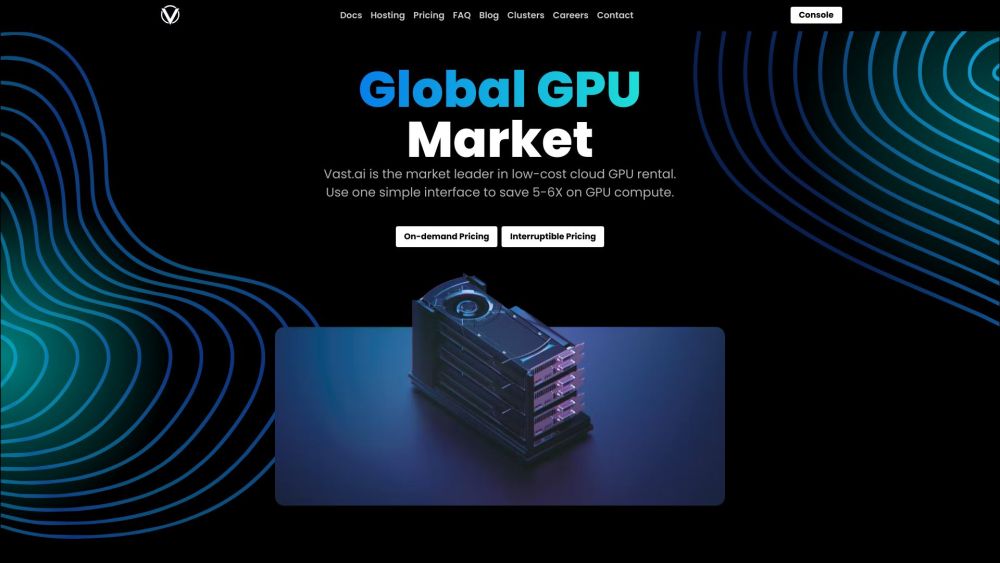This week’s roundup highlights notable advancements in the artificial intelligence sector, including an intriguing proposal involving a popular artist.
### AI App Seeks Taylor Swift’s Likeness
An innovative AI application, DreamGF.ai, which allows users to create and engage with their own AI girlfriends, has proposed a significant $2 million offer to artist Taylor Swift for the rights to her likeness. In correspondence shared with management, the application emphasizes that Swift’s image would “enhance our user experience,” while also demonstrating “responsible ways AI can be integrated into modern entertainment.”
DreamGF.ai enables users to interact with chatbots designed as AI girlfriends, offering personalized content that aims to fulfill user fantasies. As Swift is currently in a high-profile relationship with NFL player Travis Kelce, the app believes that demand for her likeness is at an all-time high.
The licensing proposal is specifically tailored to the DreamGF.ai platform, which does feature an AI generator capable of creating adult-oriented content. Subscription options for the service range from $11 to $102 per month, with premium plans permitting users to receive additional personalized content and interact with multiple AI partners.
In their letter, the company reassured that Swift's likeness would only be used “in a manner that is dignified and reverent.” They pledged to maintain a focus on ethics and safety, aiming to foster respectful and positive interactions in the digital realm. “Taylor's association will further amplify our mission of promoting healthy engagement in the digital sphere,” they stated.
### Intel Divests Programmable Chip Division
In a strategic move, Intel plans to spin off its Programmable Solutions Group (PSG) into a separate entity, paving the way for an initial public offering (IPO) within the next three years. PSG specializes in producing reprogrammable chips primarily used in telecommunications and defense sectors.
Effective January 1, 2024, PSG will operate independently, with Sandra Rivera, Intel’s AI and data center lead, stepping in as CEO. Intel’s CEO, Pat Gelsinger, indicated that this transition would aid in the strategic repositioning of the business, driving substantial value creation. He noted that the independence would enable PSG to better capture market share in the field programmable gate arrays (FPGAs), leveraging its access to Intel Foundry Services while allowing the main Intel product teams to concentrate on core business initiatives.
This divestiture marks the second spin-off for Intel this year, following the successful transition of its self-driving startup, Mobileye, into an independent company.
### Apple Expands AI Talent Pool in the U.K.
Apple is ramping up its artificial intelligence efforts by increasing its recruitment of AI professionals in the United Kingdom. Despite many competitors in the tech space, such as Meta, Google, and Microsoft, laying off staff, Apple’s CEO Tim Cook emphasizes the company’s commitment to growing its workforce in this domain.
While specific roles have not been disclosed, Apple reportedly has several AI initiatives underway. These include the development of Apple GPT, a proprietary chatbot, as well as the long-anticipated autonomous vehicle project, known as Project Titan. Cook’s strategy signifies Apple’s determination to lead in AI innovation during a challenging industry landscape.
### Visa Invests Heavily in AI Innovation
In a bold step forward, Visa has unveiled a $100 million generative AI venture fund, aimed at supporting companies focused on transformative solutions in commerce and payments. The initiative will be managed by Visa Ventures, the firm’s investment arm, which seeks to back innovative startups that are reshaping the commerce landscape.
David Rolf, head of Visa Ventures, remarked on the potential of generative AI, stating, “With generative AI’s potential to be one of the most transformative technologies of our time, we are excited to expand our focus to invest in some of the most innovative and disruptive venture-backed startups involved in generative AI, commerce, and payments.”
This bold investment reflects Visa's foresight in recognizing and harnessing the capabilities of generative AI to drive change in the financial domain.
This week’s developments underscore the rapid evolution of AI technologies and their increasing integration into various aspects of modern life and business. Stay tuned for more updates on this dynamic landscape.




